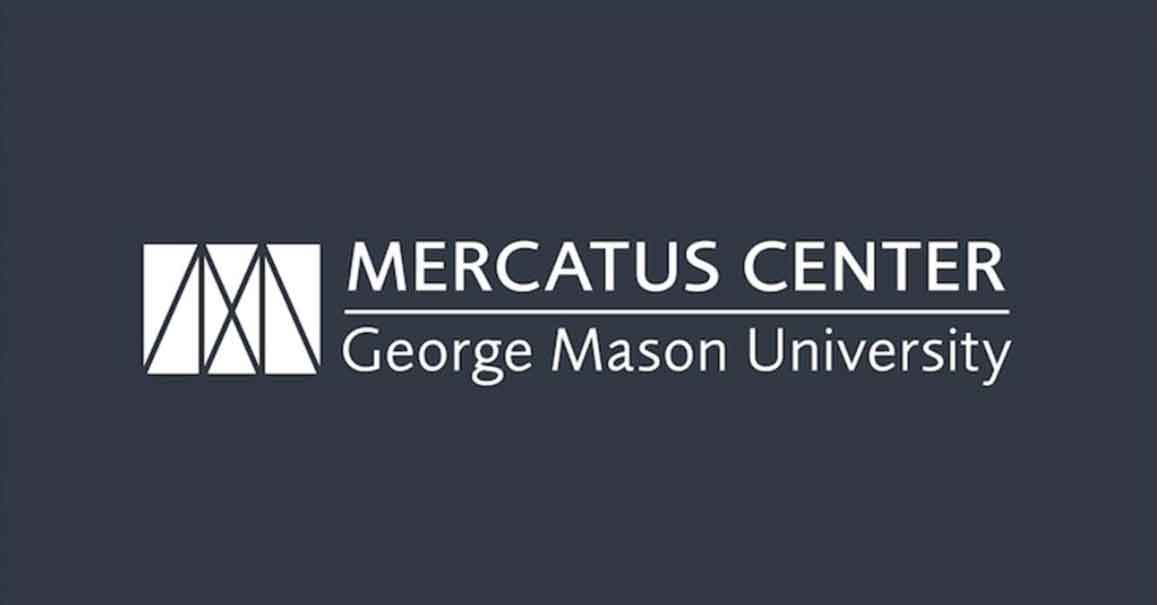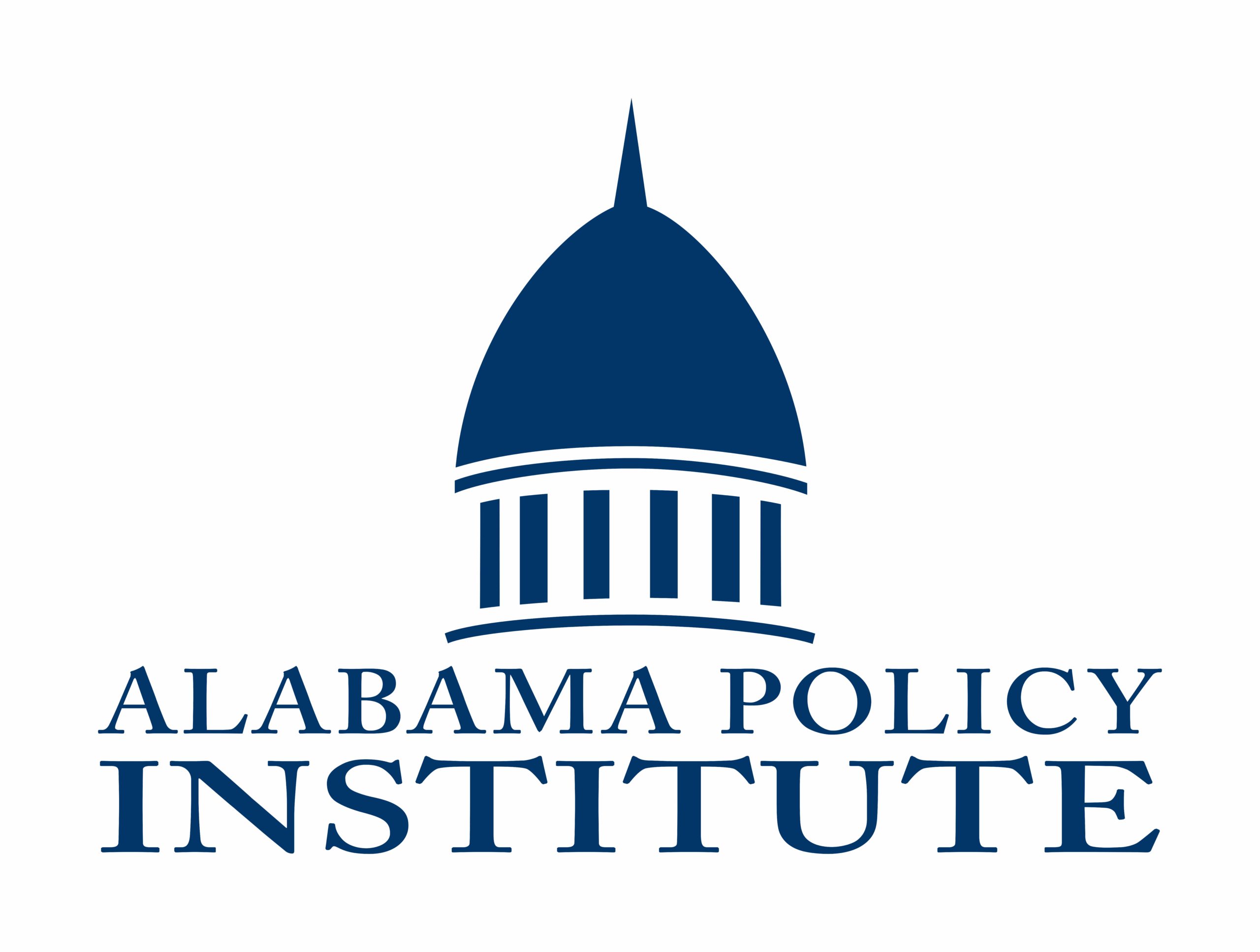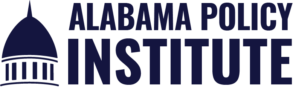Evidence from Teacher Quality in North Carolina
From the Mercatus Center at George Mason University
“Supporters of occupational licensing often argue that the practice has two notable benefits: first, licensing can convey information about the quality of services to consumers, and second, it can raise the earnings of individuals with licenses, encouraging them to develop their human capital. But these benefits of occupational licensing come with steep costs for society, such as restricting employment opportunities for potential workers, reducing choice for consumers, and increasing the cost of services. Today, occupational licensing affects nearly one-third of the workforce. In a recent paper in Economic Inquiry, Moiz Bhai and Irina Horoi show that private teacher certification in North Carolina has effectively accomplished the goals of occupational licensing without imposing many of the costs. Voluntary certification can signify quality of services and raise the wages of high-quality individuals without restricting entry or reducing consumer choice.”


